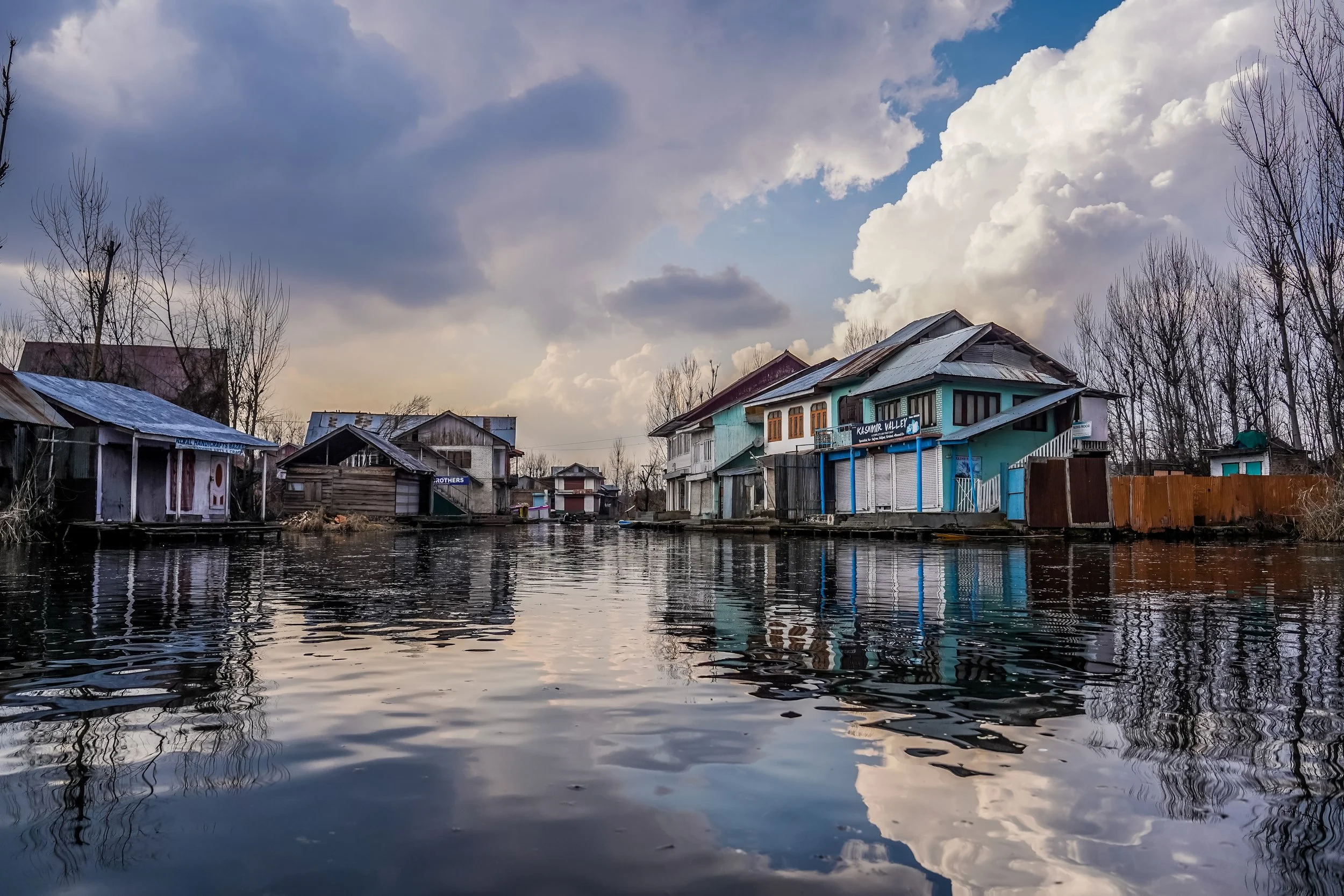Not enough people are talking about the water crisis in Jackson, Mississippi. On Tuesday, the MS governor declared a state of emergency for Jackson’s water system, the city’s largest treatment plant. Most of the city’s 180,000+ residents are without running water, having to rely on bottled water for drinking, showering, brushing their teeth, and cooking.
While recent flooding overwhelmed the city’s water system, this crisis is the result of long-term neglect. For decades, Jackson residents have endured lead contamination, equipment failures, and bacterial infestations due to a lack of investment in the city’s crumbling infrastructure. Unfortunately, the city doesn’t have the revenue to address these issues - like many other cities, Jackson’s tax base shrunk when many of its residents fled to the suburbs. Today, 25% of Jackson’s residents live below the poverty line and 80% of the population is Black.
L4GG isn’t going to stand idly by as environmental racism continues to destroy vulnerable communities time and time again.
Our team has been working hard on our Climate Justice initiatives, to provide critical assistance to vulnerable communities disproportionately impacted by climate change that have been historically and repeatedly neglected, like Jackson, MI. These disasters will continue to happen unless these communities get immediate funding and assistance to upgrade infrastructure and build climate resilience projects.
L4GG has, and will continue to address these issues in a few different ways:
1. Helping Cities Take Advantage of IIJA & Other Funding
The recent passage of the Infrastructure Investment and Job Acts (IIJA) and the Inflation Reduction Act (IRA) presents a once-in-a-generation level of funding - $2T for investment in climate projects and infrastructure in disadvantaged communities.
Cities like Jackson lack the tax revenue/state funds to address age-old infrastructures but funding of this kind would make a big difference. However, the process for securing IIJA (and similar IRA) funding and implementing it is not straightforward. The definition of “disadvantaged communities” is also not clear. Given all this complexity, we saw this as a unique opportunity for L4GG to help ensure that the money goes where it’s needed most.
First, we’ve done this by providing pro bono advising to cities/communities that wouldn’t be able to afford attorneys to help them navigate this process. We’ve been advising disadvantaged communities and U.S. cities typically excluded from these resources to secure federal funding & implement robust climate projects. We’re also advising state decision-makers on how to ensure community engagement in the process, which is key to ensuring equity.
In addition to providing direct assistance to communities, we’re creating a series of webinars to help educate local policy-makers on IIJA (and other funding sources). This will help direct funds to communities like Jackson who need immediate assistance just to have access to basic drinking water. In June, we led 2 webinars and advised over 100 city-decision makers and energy practitioners from 13 states on securing federal funding and potential uses
2. Establishing a Right to Water
We are currently working w/ the Great Lakes Environmental Law Center (GLELC) to conduct extensive research & analysis on MI’s water vulnerability. In doing so, we’ll be able to identify at-risk public water systems and prevent future crises before they can occur.
We are also working with GLELC to establish a right to water in MI; the hope is that we can then use this framework to establish a right to water in other states across the country. We’ve also done prior research on the Benton Harbor water crisis & are working on a report with policy recommendations to make sure this does not happen elsewhere.
3. Disadvantaged Communities Report
Right now, L4GG is compiling a comprehensive report on the state of mapping and definitions of Disadvantaged Communities in all 50 states. This information is critical to making sure the $2T in the IRA and the IIJA goes to where it is needed most.
Once complete, we plan to roll the report out to our nonprofit partners, and to local and state decision-makers to help them refine their policies and definitions regarding DACs to ensure they are correctly identifying, prioritizing, and engaging with the communities with the highest needs.
How Can You Help?
To support Jackson residents and the work we’re doing, you can…
Volunteer with our Climate Change program. We’re looking for support for various clean energy and climate justice projects. To express interest, please complete this form.
Donate to L4GG to Support our Climate Change Work. Every webinar will help dozens of communities secure funding for critical infrastructure updates and climate projects. Your donation is crucial.
Distribute water to Jackson residents. The Mississippi Rapid Response Coalition is in need of volunteers to distribute water. To volunteer, please email rapidresponse@peoplesadvocacyinstitute.com.
Donate to support Jackson residents. The Mississippi Rapid Response Coalition, is taking donations online with a goal of raising at least $2 million. Donations will be used to purchase: water, reusable water containers, filters, and transport these items to those in need.





